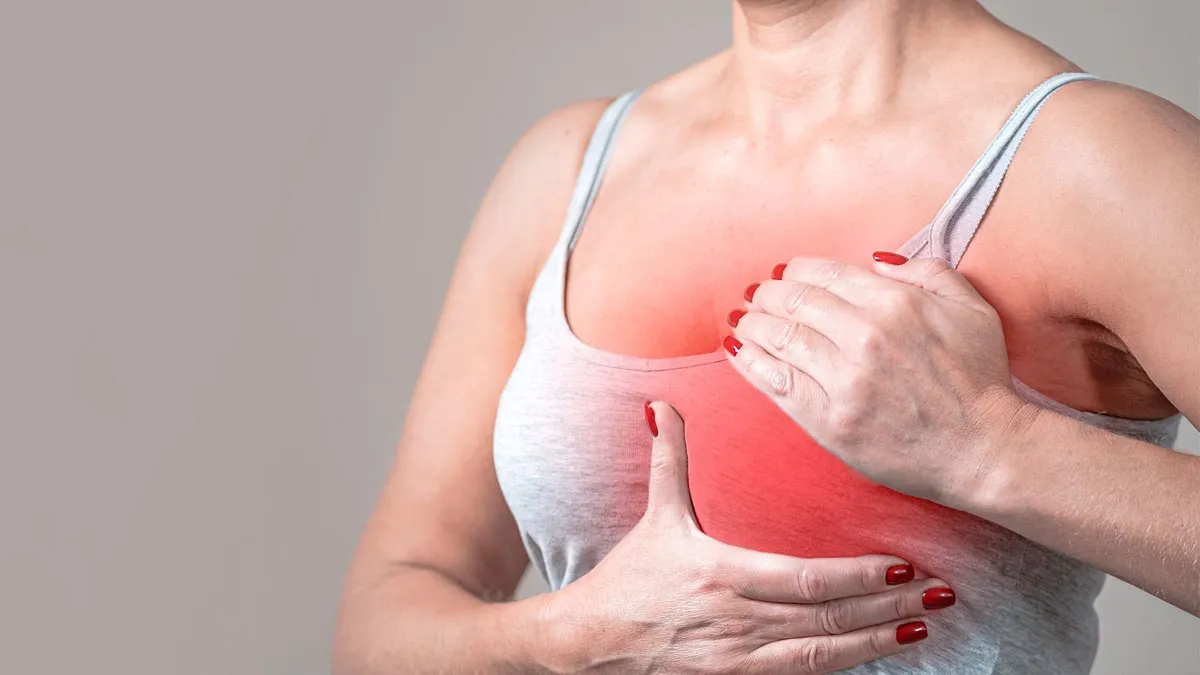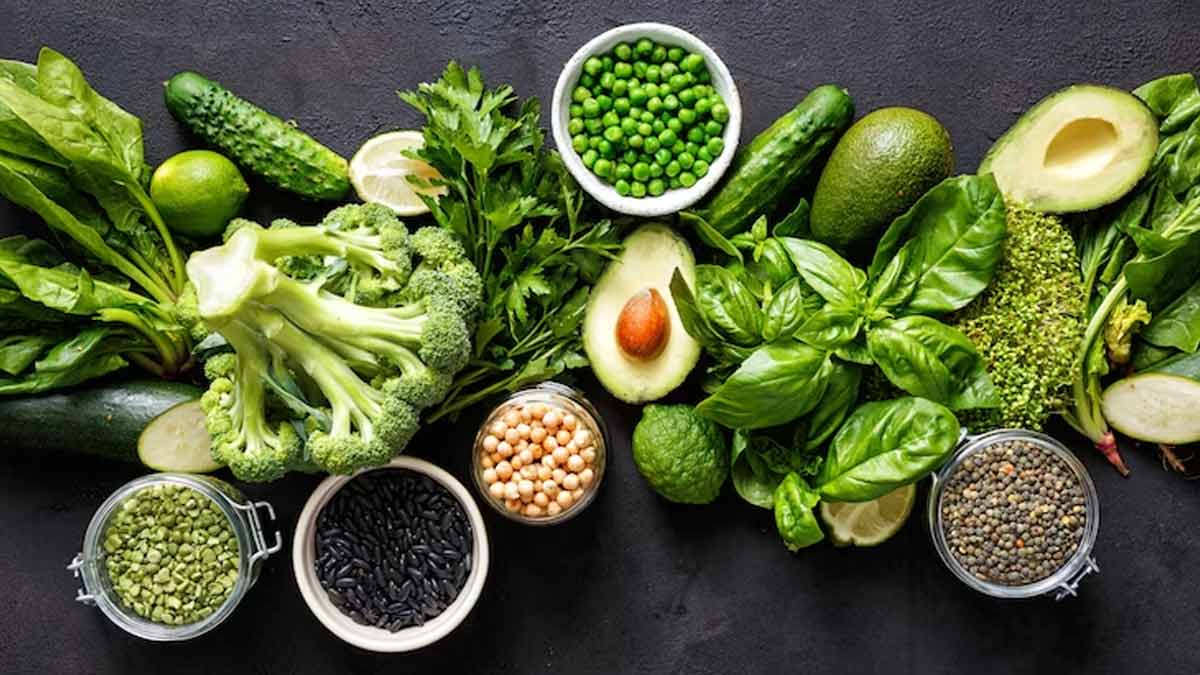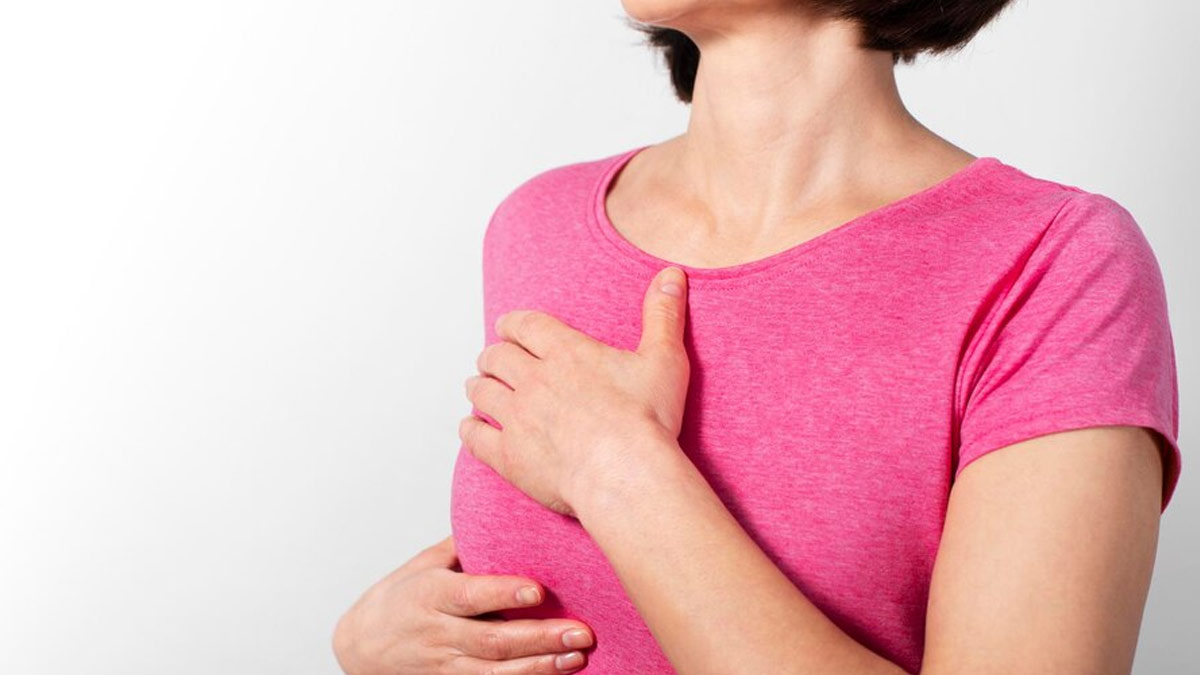
Many of us are always looking for ways to stay healthy and ward off serious illnesses like breast cancer. You might have heard that eating a plant-based diet – lots of fruits, vegetables, grains, and beans – could be one way to do just that. But is there real science behind this idea?
Table of Content:-
We talked to Dr. Anil Thakwani, Consultant and Senior Oncologist at Shardacare-Health City, to get the expert take on this important question.
What is a Plant-Based Diet?
First, let's be clear on what we mean by "plant-based." Dr. Thakwani explains, "A plant-based diet emphasises foods derived from plants. While some people following this may completely avoid animal products (vegan), others might include small amounts of meat, poultry, fish, or dairy." The focus is primarily on getting nutrients from plant sources.
Link Between Diet and Breast Cancer
We know that our lifestyle plays a big role in our overall health, and diet is a significant part of that. Dr. Thakwani points out, "Research suggests that certain dietary patterns can influence the risk of developing various cancers, including breast cancer." So, where do plants come into the picture?
Also Read: Boosting Immunity Naturally: Dietary Tips For Staying Healthy During Malaria Season

How Plants Might Offer Protection
Dr. Thakwani highlights several ways a plant-rich diet could potentially help protect against breast cancer:
- Rich in Antioxidants: Fruits and vegetables are packed with antioxidants. These compounds help fight damage to our cells caused by things called free radicals. This damage can sometimes lead to cancer development.
- High in Fibre: Plant-based foods are generally high in fibre. Fibre helps regulate hormone levels, which can be a factor in breast cancer risk. It also aids in maintaining a healthy weight, and obesity is linked to an increased risk.
- Lower in Saturated Fat: Many plant-based diets tend to be lower in saturated fats, which are often found in animal products. Some studies suggest a link between high saturated fat intake and increased breast cancer risk.
- Phytochemicals Power: Plants contain various natural compounds called phytochemicals. These have different beneficial effects on the body, including anti-inflammatory and anti-cancer properties.
What the Research Says
While the idea sounds promising, what does the actual research tell us? Dr. Thakwani clarifies, "While no single food or diet can completely prevent breast cancer, studies have shown associations between higher consumption of fruits, vegetables, and whole grains and a potentially lower risk."
He also mentions that some studies have linked specific plant-based dietary patterns, like the Mediterranean diet (which is rich in fruits, vegetables, whole grains, legumes, and healthy fats), with a reduced risk of breast cancer.

Also Read: Boosting Immunity Naturally: Dietary Tips For Staying Healthy During Malaria Season
Important Considerations
Dr. Thakwani emphasises that it's not just about eating plants; it's about the overall dietary pattern. "A healthy plant-based diet should be balanced and varied to ensure you're getting all the necessary nutrients," he advises.
He also stresses that diet is just one piece of the puzzle. Other factors like genetics, lifestyle (including exercise and smoking), and regular screenings also play crucial roles in breast cancer risk.
Bottomline
So, can a plant-based diet prevent breast cancer? Dr. Thakwani's expert opinion is that while it's not a guaranteed prevention method, incorporating more plant-based foods into your diet can be a valuable part of a healthy lifestyle that may contribute to a lower risk.
"Focus on a well-balanced diet rich in fruits, vegetables, whole grains, and legumes. This, along with maintaining a healthy weight, engaging in regular physical activity, and following recommended screening guidelines, is the best approach to reducing your overall risk of breast cancer," concludes Dr. Thakwani.
In short, going green might not be a magic bullet, but it certainly seems like a smart and healthy move for your overall well-being and potentially for lowering your risk of breast cancer.
[Disclaimer: This article provides general information and should not be considered medical advice. Always consult with your doctor or a qualified healthcare professional for personalised guidance on diet and cancer prevention]
Also watch this video
How we keep this article up to date:
We work with experts and keep a close eye on the latest in health and wellness. Whenever there is a new research or helpful information, we update our articles with accurate and useful advice.
Current Version